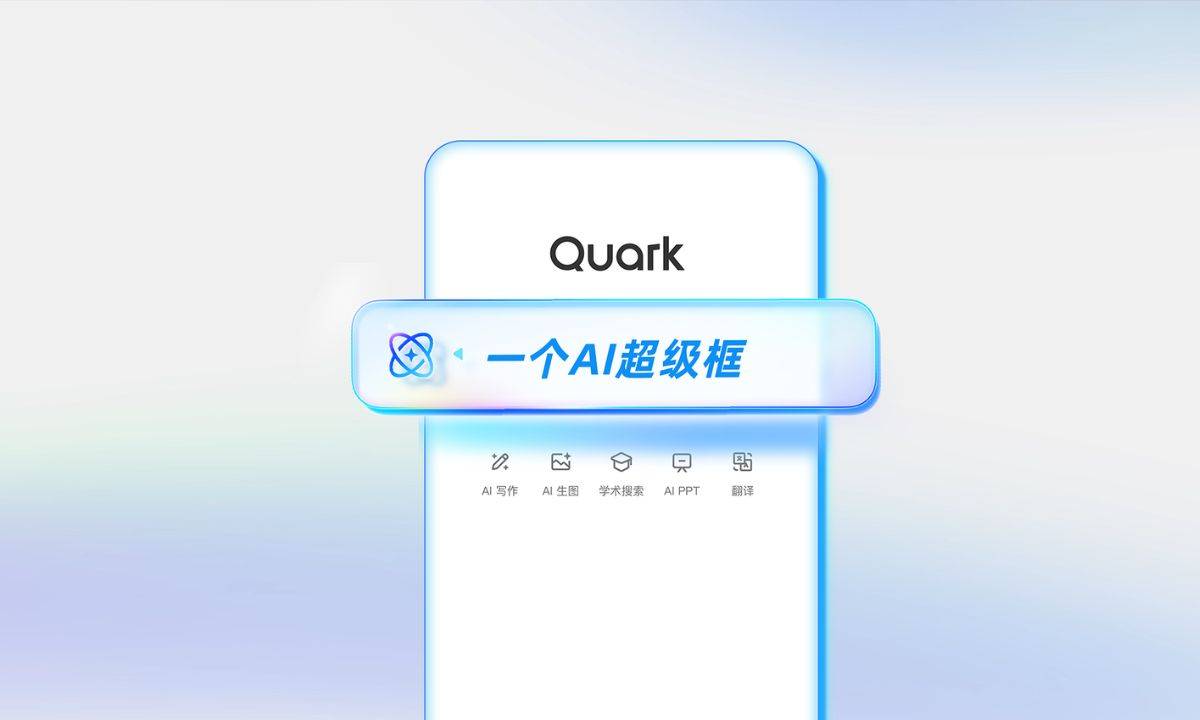
Joe Tsai, Executive Vice Chairman of Alibaba Group, said on Wednesday that the future of finance is digital and that bank branches and paper statements are largely anachronisms.
“In the future, the way financial services companies engage with their customers will be virtual, will be digital, will be on a mobile device,” said Tsai at the Hong Kong FinTech Week 2021 conference.
Tsai encouraged banks to think of alternative uses for their physical bank branches, such as partnering with e-commerce companies to deliver products to consumers.
“It’s no longer a luxury; it’s a necessity to digitize your operations,” said Tsai, who described Alibaba, the company he co-founded, as native to the internet.
He also underscored the experience of Alibaba’s financial affiliate Ant Group in risk management and warned technology companies looking to enter financial services that the necessary skills were complex and challenging to master.
“Every technology company that purports to want to do TechFin, or get into financial services, you’re in the risk management business … it’s very, very hard to do,” said Tsai to an audience of financial service professionals, regulators and academics.
It’s no longer a luxury; it’s a necessity to digitize your operations
Driving Force
Alibaba has been a driving force in digital transformation in China and beyond and provides services to companies looking to make that shift, such as cloud and financial services.
More companies are getting onboard with the idea and on the FinTech panel, David Liao, Co-Chief Executive Asia Pacific of London-headquartered bank HSBC agreed that the financial services industry needs to adjust its thinking.
“We need to realize that [we] are part of a body. [We] can’t do everything even at the size of a huge giant financial services company. [We’ve] got to find great partners,” said Liao, who noted that HSBC is a client of Alibaba Cloud.
Separately, Alibaba Cloud launched a cloud-based solution called CloudQuotation earlier this year to help financial institutions and FinTech companies access stock, futures, derivatives and index trading data directly from stock exchanges.
Tsai said he has gleaned from conversations with senior managers worldwide that companies, whether they’re manufacturers, distributors or a consumer products company, all want to go direct to consumer. For that to work, managers need to understand end customers better, which means making sense of digital insights.
Risk Management
Tsai emphasized Ant’s experience in risk management and the skills it has learned over the years. Ant houses Alipay, a digital payments business that is all but ubiquitous in mainland China.
“What we learned from the banks is that whether you’re a FinTech or a TechFin at the end of the day, we’re in the risk management business,” said Tsai, who serves on the boards of directors of Alibaba and Ant. “Risk management cuts across all the different lines of our businesses in Ant.”
Alipay has learned to defend against fraud and optimize its Know Your Customer protocols for payments. Alipay uses artificial intelligence-fueled pattern recognition to spot potentially fraudulent transactions.
In its credit underwriting business, Ant can assess risk extrapolated by algorithms from the loan applicant’s behavior, whether it be consumers or small and medium-sized enterprises (SMEs).
Tsai said he was personally involved in the business unit lending to SMEs that grew out of Alipay when it first got started. The business learned traditional ways of managing credit risk and looked to improve the accuracy of spotting loans that could potentially sour by applying its expertise in artificial intelligence. At money market fund management platform, Yu’e Bao, Alibaba also learned to manage liquidity risk.
Headwaters of Convergence
TechFin and FinTech players are gradually converging, said panel moderator Eddie Yue, Chief Executive of the Hong Kong Monetary Authority.
Liao agreed saying: “They will converge, so much as it as within the realm of prudence,” adding that he couldn’t live without Alipay going into a restaurant in China. He said that banks need to invest in their digital transformation and that HSBC spent about $5.8 billion on technology last year.
As this convergence occurs, Tsai said that the technology-first companies bring a lot to the table when it comes to product innovation and ways to engage users and that banks could ultimately benefit from their break-throughs.
An injection of technology skills will enable financial institutions to be more efficient and to reach more consumers, said Neil Shen, Founding & Managing Partner of investment firm Sequoia Capital China, who likened the convergence to what has happened in retail across China.
“We’re no longer saying, ‘you are an online company,’ or ‘you are an offline company.’ Every single retailer has omnichannels, both online and offline,” said Shen.
Ultimately, financial services are critical to the sound running of the financial system and flow of capital to small businesses and individual consumers, who are the bedrock of the economy.
“That’s why regulation is very, very important,” said Tsai.




